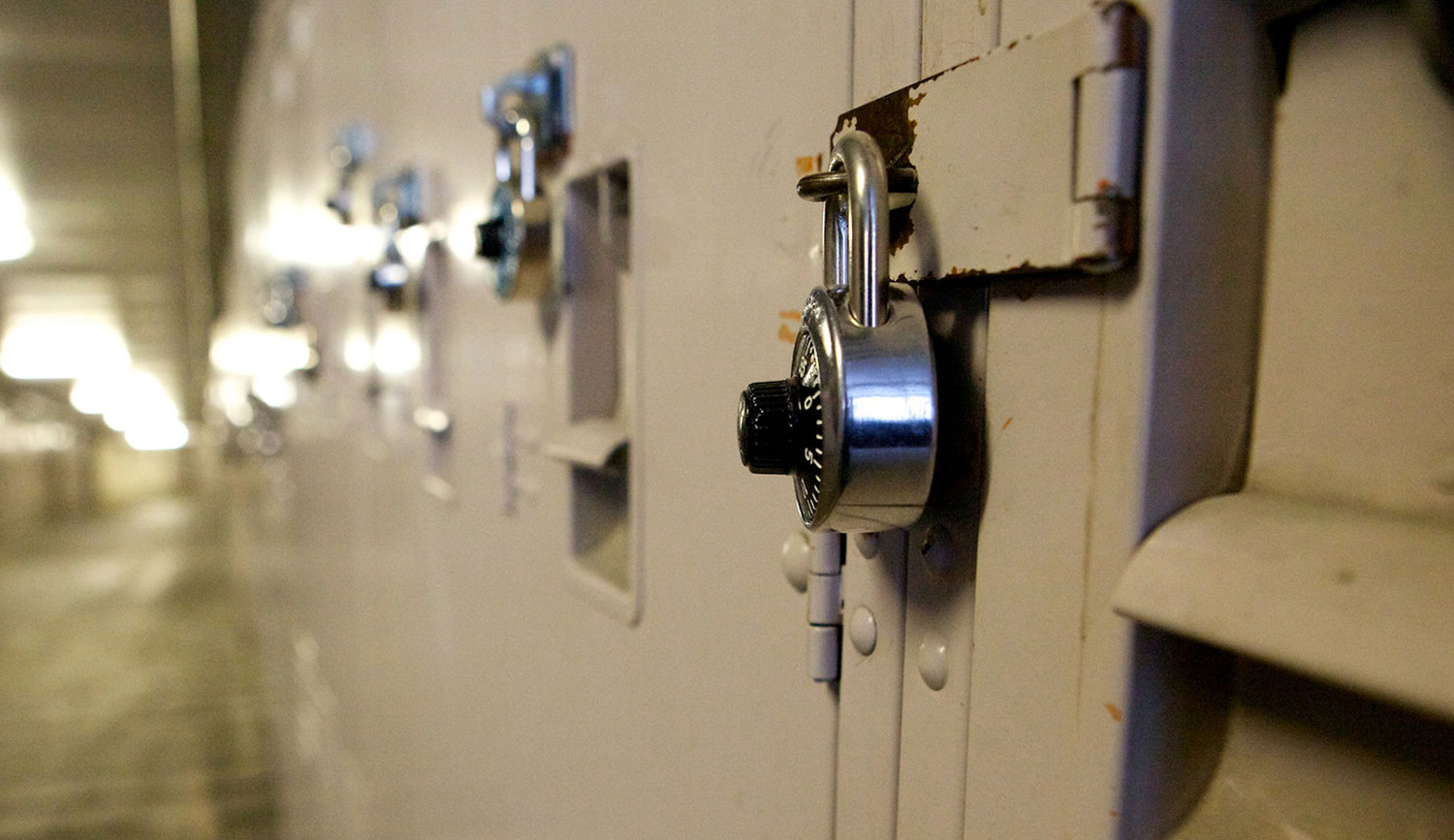
SAGINAW, MI — Fifth-grader Joel Curry had one chance at participating in his school’s “Classroom City,” a simulation to teach economics and citizenship at Handley School for the gifted. Unfortunately, he was met with bigotry and censorship from public school officials.
“What young Joel Curry learned is that unless he’s willing to go to court to defend his rights, these public school officials will send him to the back of the bus as a second class citizen,” said Benjamin Bull, chief counsel for the Alliance Defense Fund. “The law is clear. The Supreme Court has never said children can’t wish each other ‘Merry Christmas,’ that they can’t sing Christmas carols, and that they can’t pass out candy canes or Christmas cards in school.”
ADF filed Curry v. Saginaw School District and Irene Hensinger on Tuesday, June 16, in the United States District Court, Eastern District of Michigan. La Rae Munk, a graduate of ADF’s National Litigation Academy, is serving as local counsel on the case. Hensinger is the principal at Handley School.
Joel was censored this past December when the school held its annual “Classroom City.” Handley School serves grades K-5. Students have only one opportunity to participate in “Classroom City” during their six years at the school. Students put up their own store fronts and “sell” the products they create to their fellow students, visiting parents, and other members of the school community in this simulation of commerce.
Joel created and sold homemade ornaments in the likeness of candy canes with an attached message explaining the religious origin of candy canes. The attached message was just too much student-initiated religious expression for school officials, who made Joel remove the explanation before he could “sell” his ornaments. ADF is asking the court to declare that the law does not allow the kind of discrimination.
